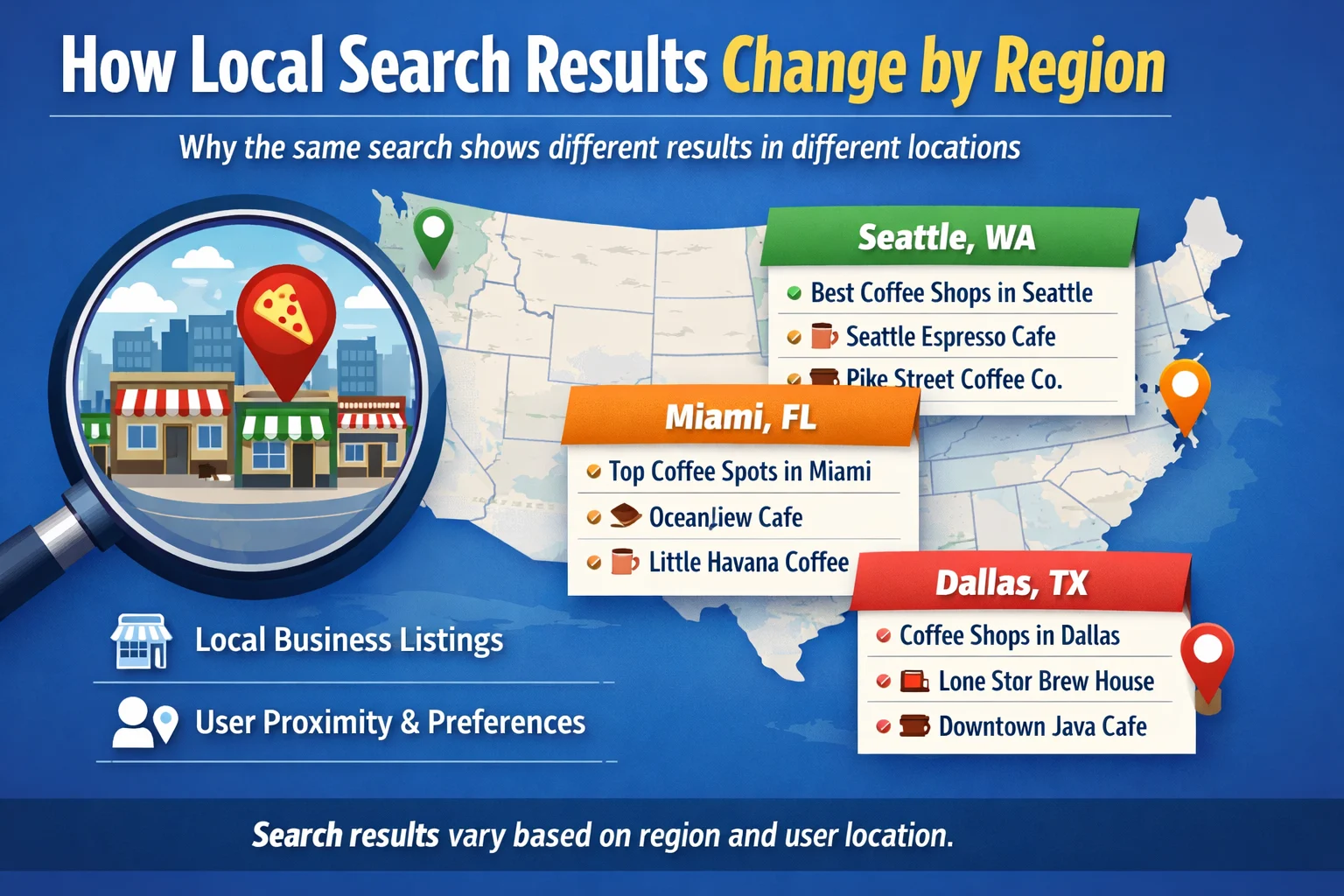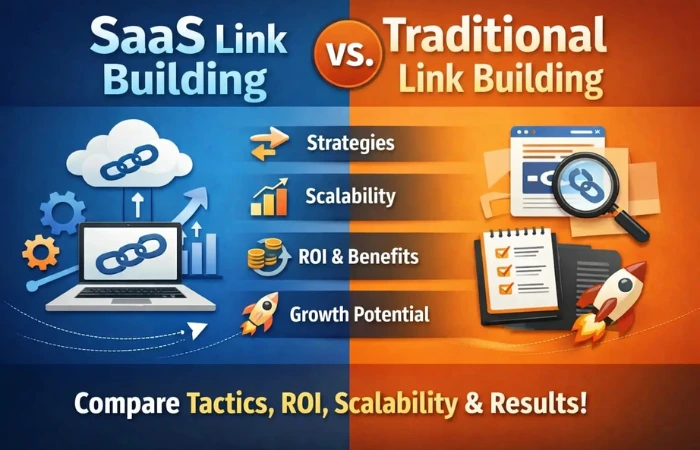In today’s data-driven business world, companies are no longer competing solely on branding, marketing budgets, or customer service. Instead, the real differentiator lies in how effectively they can gather, interpret, and act on information. This is where intelligence analysis, once considered exclusive to military and government agencies, has become a valuable asset for the corporate sector. By applying the skills of an intelligence analyst, businesses can anticipate market changes, outmaneuver competitors, and build stronger long-term strategies.
The Rise of Intelligence Analysis in Business
For decades, intelligence analysis has been a cornerstone of national security. Analysts sifted through mountains of data, reports, and patterns to predict threats and guide decision-making. Today, businesses are discovering that the same principles can give them an advantage in a crowded digital marketplace.
- Marketing teams use intelligence methods to identify consumer behavior trends.
- Risk managers analyze supply chains for vulnerabilities.
- Executives rely on predictive data to guide expansion into new markets.
This crossover is no coincidence. As big data, AI, and automation have expanded, so has the demand for structured ways to make sense of it all. Companies that once relied solely on traditional business intelligence tools now need professionals who can contextualize that information and align it with long-term goals.
Why Intelligence Skills Matter in the Corporate World
In the corporate setting, intelligence skills serve as a bridge between raw data and informed decision-making. They help executives and teams make sense of complex, fast-moving information and align strategies with long-term objectives. Beyond just gathering insights, these skills foster proactive planning, allowing businesses to anticipate challenges before they arise. The following points highlight the key reasons why intelligence capabilities have become indispensable across industries.
Turning Data Into Actionable Insights
Companies gather vast amounts of information, from website analytics to customer purchasing habits. Yet raw data alone has little value unless it’s interpreted. Intelligence skills allow businesses to spot patterns, filter noise, and uncover actionable insights that they can use to refine strategies. A retail company, for instance, might discover that online shoppers abandon their carts at the same step in the checkout process, prompting changes that directly improve conversion rates.
Anticipating Market Shifts
Where traditional analysis often looks backward, intelligence analysis is forward-looking. By blending historical data with current signals, analysts can forecast likely outcomes. This helps businesses prepare for shifts in consumer behavior, regulatory environments, or competitor actions before they unfold. Companies that can anticipate change rather than simply react to it position themselves as industry leaders.
Mitigating Risk
From cybersecurity threats to global supply chain disruptions, risks are everywhere. Intelligence analysis equips companies with frameworks to identify, assess, and prioritize risks, minimizing financial loss and reputational damage. By identifying threats early, organizations can take decisive action to strengthen their defenses and protect assets, employees, and customers.
Practical Applications of Intelligence Analysis in Business
The application of intelligence skills in the business world goes far beyond theory. Companies are finding that by embedding these approaches into daily operations, they can uncover hidden opportunities, streamline processes, and prepare for potential challenges. Each area of application demonstrates how intelligence transforms uncertainty into strategic advantage. The following examples show the many ways businesses can benefit from adopting an intelligence-driven mindset.
1. Competitive Intelligence
Understanding what competitors are doing and predicting their next move has always been a part of business. Intelligence analysts bring systematic methods to this process. For example, tracking hiring trends in a rival company may reveal upcoming product launches or expansion into new markets. Companies can also monitor competitors’ marketing campaigns, pricing changes, and partnerships to adjust their strategies accordingly. The result is a more agile business model that can pivot quickly when needed.
2. Customer Behavior Mapping
By applying analytical frameworks, businesses can predict how customers will respond to marketing campaigns, product changes, or broader economic shifts. This transforms customer data into powerful forecasting tools for decision-makers. A subscription service, for instance, might learn that customers are more likely to renew during specific months, allowing the company to schedule targeted retention campaigns during those windows. Intelligence-driven insights help brands not only understand but also influence customer journeys.
3. Cybersecurity Preparedness
Cyber threats are one of the biggest risks to businesses today. Intelligence skills are crucial in identifying early warning signs, analyzing digital attack patterns, and developing proactive strategies to strengthen digital defenses. Analysts can spot suspicious activity before it escalates into a full-scale breach, protecting sensitive data and preserving customer trust. In sectors like healthcare and finance, where data breaches can be especially damaging, intelligence analysis is becoming a non-negotiable part of operations.
4. Global Expansion Strategies
Expanding into new regions requires understanding cultural, political, and economic conditions. Intelligence methods help businesses assess potential risks and opportunities before investing in unfamiliar markets. For example, a company considering entry into Southeast Asia might analyze local regulations, consumer behaviors, and potential geopolitical risks. This groundwork ensures that international growth is sustainable and strategically sound.
Building the Workforce of the Future
As the value of intelligence skills becomes clear, businesses are beginning to seek out professionals with formal training in analysis. This has led to rising interest in careers within this field, especially for individuals looking to combine data science, strategic thinking, and problem-solving.
For those wondering how to become an intelligence analyst, the path often involves specialized education, hands-on experience, and a strong foundation in critical thinking. Companies across industries, from finance and healthcare to retail and technology, are opening doors to professionals who can bridge the gap between raw data and actionable strategy.
The SEO and Marketing Connection
MashupMind’s readers will appreciate that intelligence analysis shares common ground with SEO and digital marketing:
- Keyword analysis is similar to intelligence filtering, sifting through vast amounts of information to find the signal in the noise.
- Competitor SEO audits resemble competitive intelligence, offering insights into strategies and gaps.
- Audience segmentation mirrors intelligence profiling, where behaviors and demographics inform decisions.
By adopting intelligence frameworks, marketers can run sharper campaigns, allocate budgets more effectively, and improve ROI. Marketing teams that integrate these methods often report stronger engagement rates and higher conversion numbers compared to campaigns built on assumptions alone.
Case in Point: Data-Driven Decisions
Consider an e-commerce brand that notices a sudden drop in repeat purchases. A marketing team might initially think it’s due to pricing or competition. But through an intelligence-driven approach, the business could uncover that shipping delays or subtle product changes were driving customer dissatisfaction. Acting on this insight, they can adjust logistics rather than misallocate resources to advertising.
Similarly, a financial services company may use intelligence analysis to detect unusual customer behavior that signals potential fraud. By identifying patterns quickly, the company can intervene before losses accumulate, protecting both the business and its clients.
This is the power of applying intelligence skills: they provide clarity where assumptions might otherwise lead to costly mistakes.
Preparing for the Digital Future
The digital market will only grow more complex as artificial intelligence, automation, and global interconnectivity expand. Businesses that integrate intelligence analysis into their operations will be better equipped to:
- Innovate faster by identifying emerging opportunities.
- Protect themselves from disruptions by recognizing early warning signs.
- Build resilience by making decisions grounded in data rather than assumptions.
In addition, intelligence-driven strategies can guide ethical decision-making in areas like data privacy and sustainability. By balancing opportunity with responsibility, companies not only stay competitive but also build lasting trust with their customers.
Final Thoughts
The corporate world is entering an era where knowledge and foresight are the greatest assets. Intelligence skills, once confined to government agencies, are now empowering businesses to stay ahead in competitive, high-stakes markets. Whether it’s in marketing, risk management, or global expansion, the intelligence mindset helps companies move from reactive to proactive strategies.
For professionals and businesses alike, embracing intelligence analysis is more than just a trend; it’s a future-proof strategy for success. The organizations that invest in these skills today will be the ones setting tomorrow’s standards for innovation, security, and growth.
Harsh Mistri is a Digital Marketing Executive with over 8 years of experience in SEO, online marketing, and growth strategies. He is passionate about exploring the evolving digital landscape and enjoys writing about technology, SEO, and digital marketing.







